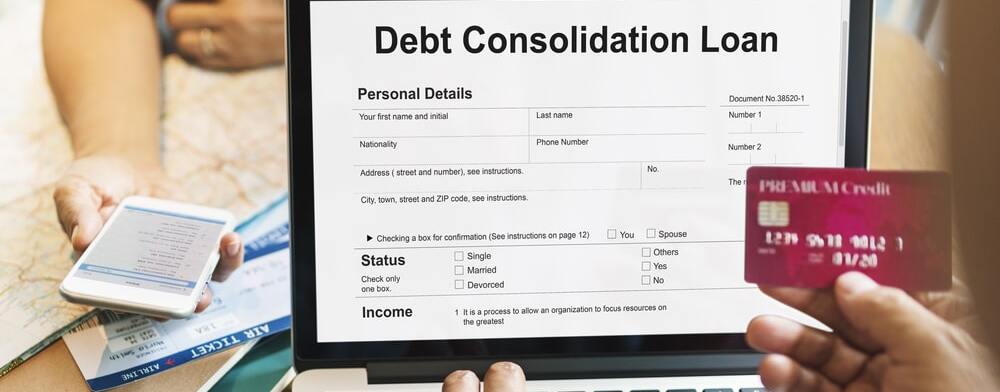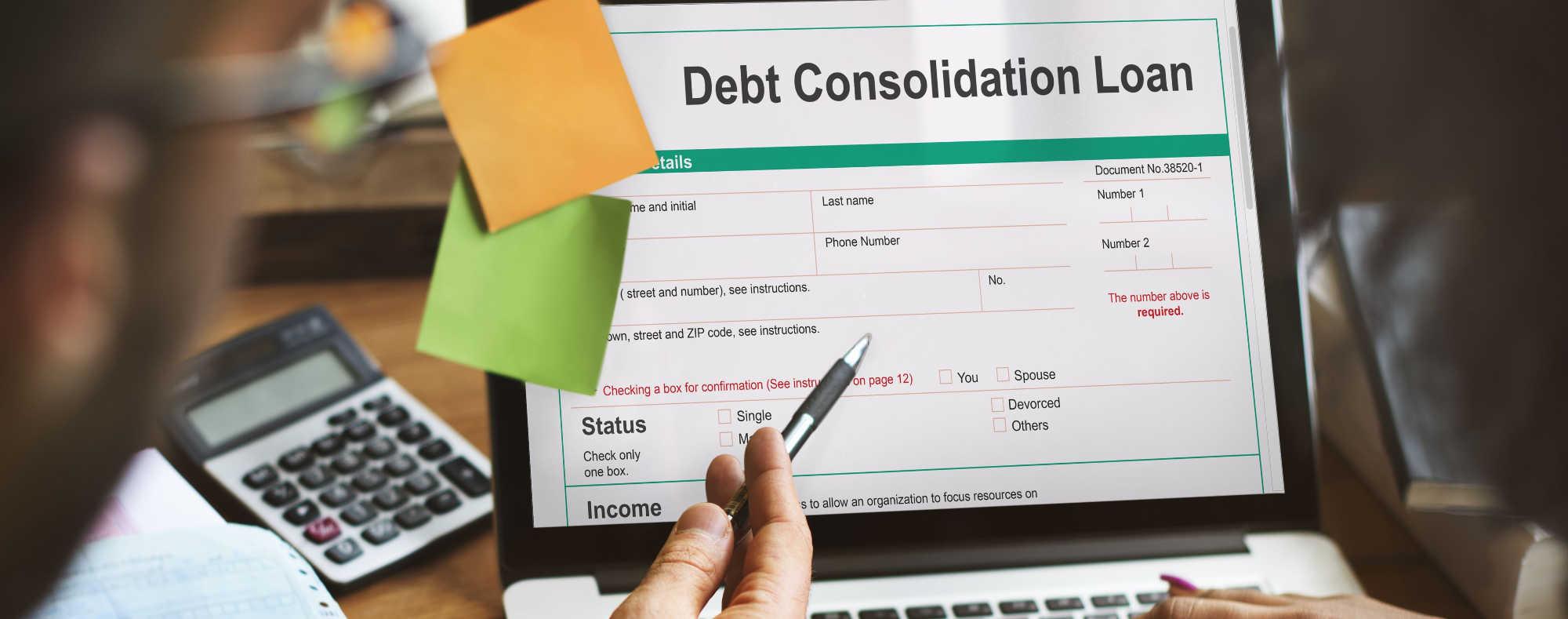
Debt consolidation is an ever-growing industry, with more and more people turning to debt consolidation businesses to help them get control over their spiraling debts from loans, credit cards, and other sources. But in order to run a successful debt consolidation business, you’ll need to have a debt consolidation merchant account. This guide will go over everything you need to know about debt consolidation merchant accounts and how they work.

As explained in the introduction, many people across the US are in debt, with the average person having tens of thousands of dollars of debt due to things like student loans, home loans, credit cards, and so on. The debt consolidation industry exists to ease the pressures on those people, helping them pay off their debts more quickly, easily, and, in some cases, cheaply, too.
Debt consolidation businesses essentially operate by basically giving people a new loan to pay off all of their different existing debts, converting those debts into one single loan repayment that they can manage more easily each month. For instance, if someone has outstanding student loan debt, house loan debt, and credit card debt, they can consolidate those debts into one easy payment.
There are a lot of benefits of debt consolidation and many reasons to consolidate debt, which is why a lot of people are drawn to these businesses and like the idea of having their existing debts consolidated. And, as a debt consolidation business owner, you can help them, but you’ll need to set up a debt consolidation merchant account first.
So what exactly is a debt consolidation merchant account? How do these kinds of accounts work and what are some of the benefits they can offer to the average debt consolidation business? Well, in order to understand how a debt consolidation merchant account works, you first need to understand the basics of merchant accounts.
Merchant accounts are special business accounts, aimed at businesses that do a lot of their business online and have to process a lot of card-not-present transactions. The merchant account makes it possible for the business to receive credit and debit card payments electronically, storing the money from customer payments before passing it on to the main business account.
In a way, the debt consolidation merchant account acts as a kind of “middleman” for every electronic transaction. So, if you’re running a debt consolidation business and someone wants to make a repayment on their loan, they’ll send the money through to the merchant account and then it will continue on into your main business account.
These types of accounts simplify the process of digital card payments. And without debt consolidation merchant accounts, you can’t accept any kind of card payment over the phone or on the internet, and that makes it almost impossible for you to run a debt consolidation business in the first place. Unfortunately, getting debt consolidation merchant accounts isn’t always easy.

So what’s the problem with debt consolidation merchant accounts and why is it so hard to get approved for a debt consolidation merchant account? Well, the main issue is that debt consolidation is seen as a “high risk” industry, and many banks and financial institutions refuse to operate with businesses in that high risk category.
Why is this? There are a few reasons. One big problem is that the debt consolidation industry has something of a bad reputation; the people who use debt consolidation services often have poor credit status and may not be able to keep up with repayment plans, so are more likely to indulge in “friendly fraud” or dispute payments, causing problems for the banks involved.
In addition, debt consolidation businesses often have to deal with a lot of chargebacks, which is when cardholders request their money back after making a payment. They might do this because they feel that the consolidation business hasn’t clearly explained its terms and conditions, or perhaps because they are not satisfied with the level of service they have received. Either way, chargebacks are bad news for banks, so they prefer to avoid them at all costs.
Due to the high-risk credit card processing involved in the debt consolidation business, it can be really tricky to obtain debt consolidation merchant accounts when setting up your business. However, in order to operate and be able to accept repayments made by card online, you have to have one of these accounts.
It can feel like a very difficult situation to be in when your usual banks refuse to offer the merchant services and accounts you need, but Shark Processing can help. We’re specialists in high-risk payment processing, and we work closely with an extensive network of trusted banks and reputable payment partners who are able to offer the high-risk debt consolidation merchant accounts you need.
The expert team at Shark Processing can help you get debt consolidation merchant accounts safely, securely, and rapidly, with the fairest rates, lowest fees, and perfect conditions to suit your specific needs. Get in touch with the Shark Processing team today to find out more about how we can help you get your own debt consolidation merchant account.


